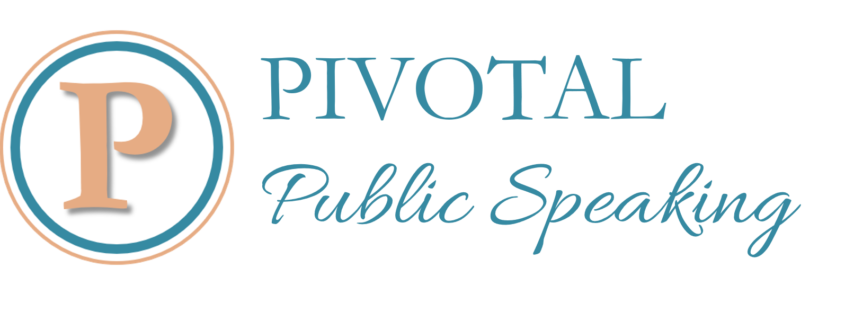Lisa Braithwaite has shared her experiences with panic attacks and anxiety on her blog. I admire her candour, and am thankful she shared her experiences, because this sort of story encourages those who feel trapped by the condition. I went through a similar time – panic attcks and anxiety, and certainly would not recommend it.
But in this particular article Lisa has given us all a new way of looking at the situation, especially as it applies to public speaking, with some incredibly powerful tools to use.
If our mind is powerful enough to create fear from “nothing,” it’s also powerful enough to reframe our thoughts to propel us forward in a positive way. There have been many books written about the power of positive thinking – the most well-known of these is Norman Vincent Peale’s, first published over 50 years ago. Recent medical research shows, for example, that a positive expectation of a medication has real measurable physical effects (not just the psychological “placebo effect”) on our health.
How does this apply to you as a public speaker? You can control the amount of fear and anxiety you experience around public speaking. You have the power to turn negative and fearful thoughts into positive ones. How do you do it?





